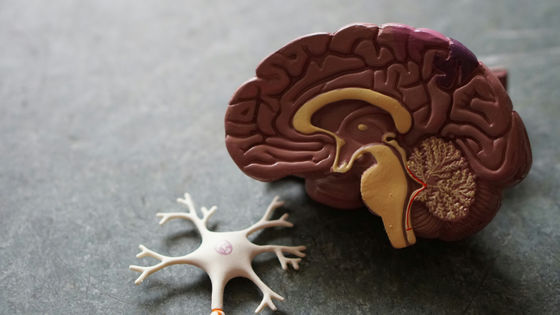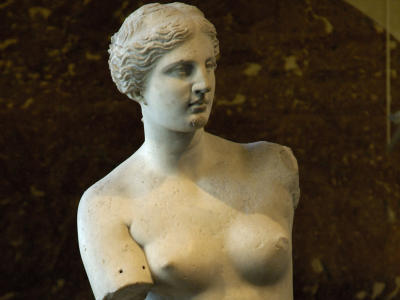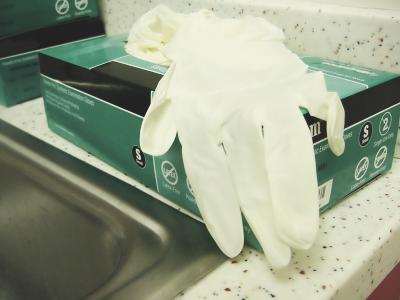Testing implant to stimulate nerves to improve symptoms in sleep apnea patients

As a treatment for sleep apnea,
UCLH offering patients with sleep apnœa a choice of nerve stimulators : University College London Hospitals NHS Foundation Trust
https://www.uclh.nhs.uk/news/uclh-offering-patients-sleep-apnoea-choice-nerve-stimulators

University College London Hospitals NHS Foundation Trust (UCLH) implanted the Inspire implant into a female patient in June 2024, and the Genio Nyxoah implant into two patients in early December.
The surgery took about two hours, and the patient was placed under general anesthesia and the implant was placed under his chin. The patient was discharged two days later after postoperative observation.
CPAP is known as a treatment for sleep apnea syndrome, but not all patients are comfortable wearing it, and research has shown that 34.1% of people do not wear CPAP.
The implant is intended for people with moderate to severe sleep apnea; it stimulates the hypoglossal nerve and moves the tongue forward, helping to keep the upper airway open throughout the night, improving breathing and sleep quality.

Olivia Rushton (48), who lives in Northamptonshire, central England, underwent the Inspire implant surgery. She began snoring in her late 20s, and although she laughed at it at first, her partner eventually started wearing earplugs, so she tried various products such as nose clips, but nothing worked.
In his 40s, Rushton's partner pointed out that he would suddenly stop breathing while sleeping, so he was tested for sleep apnea by his family doctor and found that he had moderate symptoms. However, his family doctor only advised him to lose weight and reduce his alcohol and caffeine intake, and offered no treatment, so he changed doctors, was diagnosed with severe sleep apnea, and started using CPAP.
But wearing a CPAP mask caused symptoms such as rough skin, hair loss, toothaches and receding gums, so Rushton decided to look for other treatments and eventually found himself at UCLH.

Meanwhile, one of the patients who underwent Genio Nyxoah surgery was Natalie Borah (63) from East Sussex. Ten years ago, when she was living in the United States, her husband told her that he felt like he was choking while sleeping, so she went to the doctor, but he recommended that she wear an oral appliance, which was uncomfortable to wear, and she refused. She then moved to the UK and began using a CPAP machine.
However, his CPAP mask kept falling off, so he tried a different machine, but that also didn't work, and he eventually had surgery at UCLH to have an implant.
The implant can be operated using a smartphone app or handheld device, but the surgeon who performed the surgery said, 'Due to unique anatomical and physiological considerations in women, sleep apnea may not be adequately diagnosed. The implant is only suitable for a small number of eligible patients who meet strict selection criteria and have a demonstrated failure of CPAP therapy at a secondary care sleep clinic.'
Related Posts:







